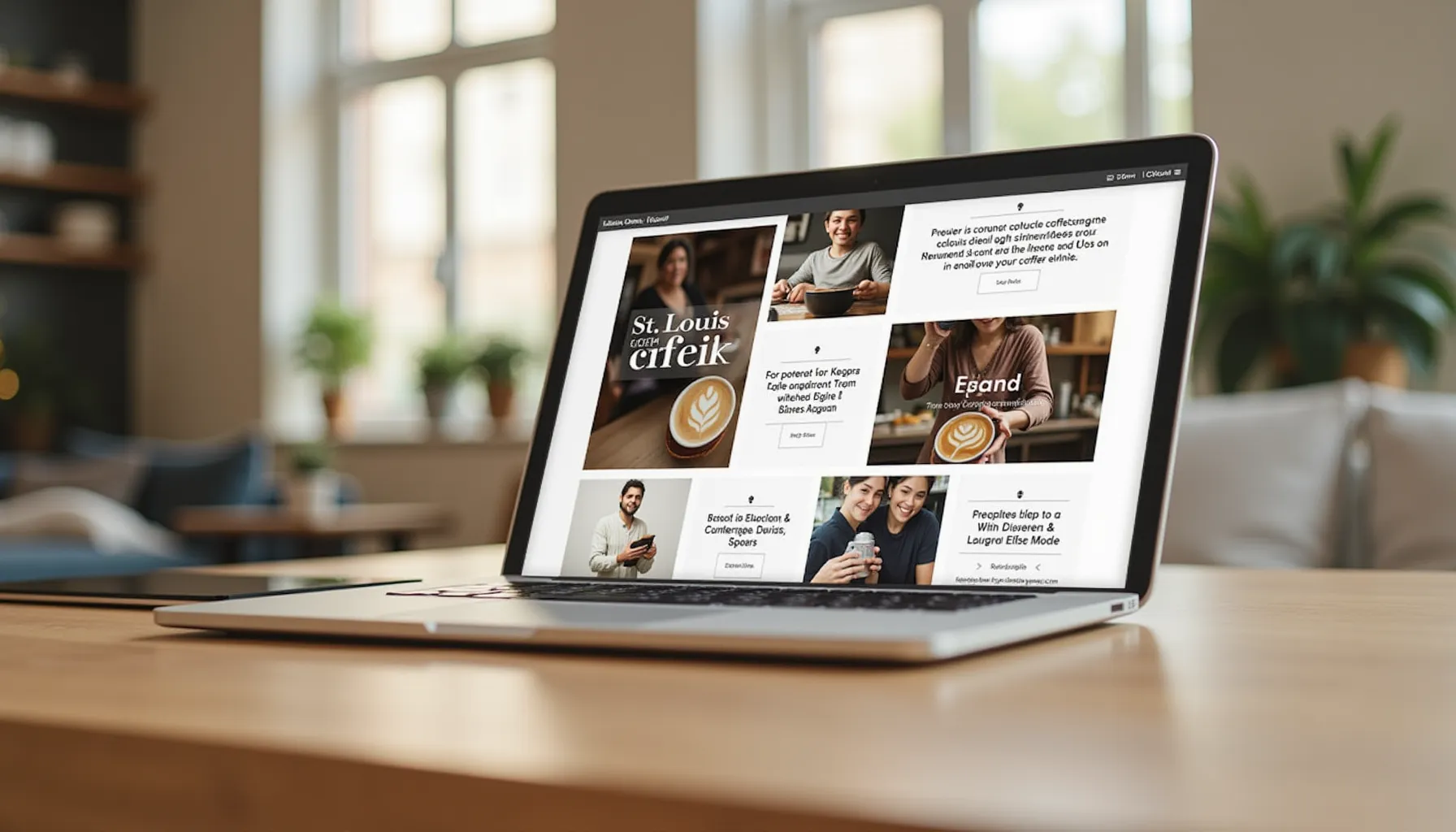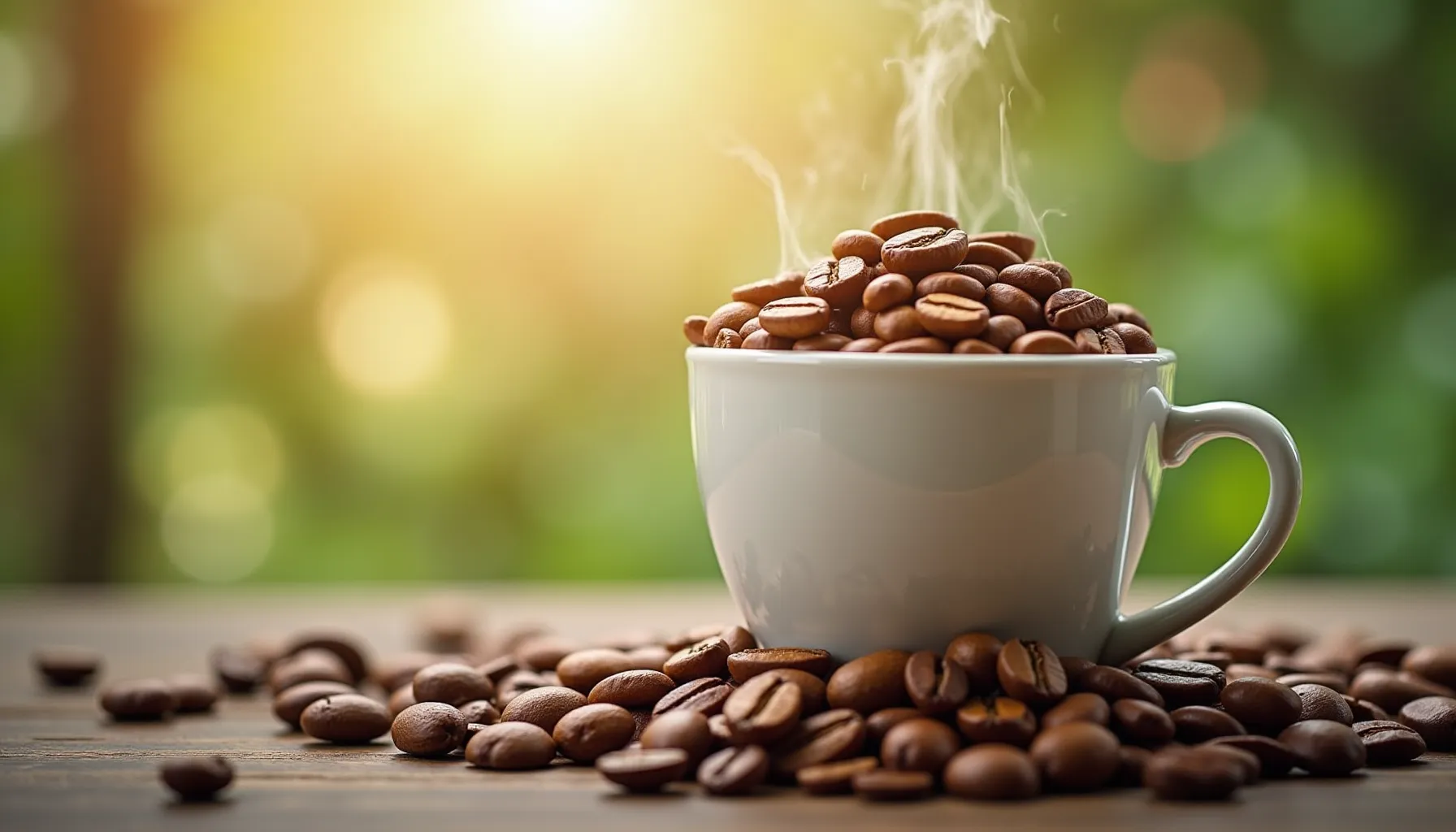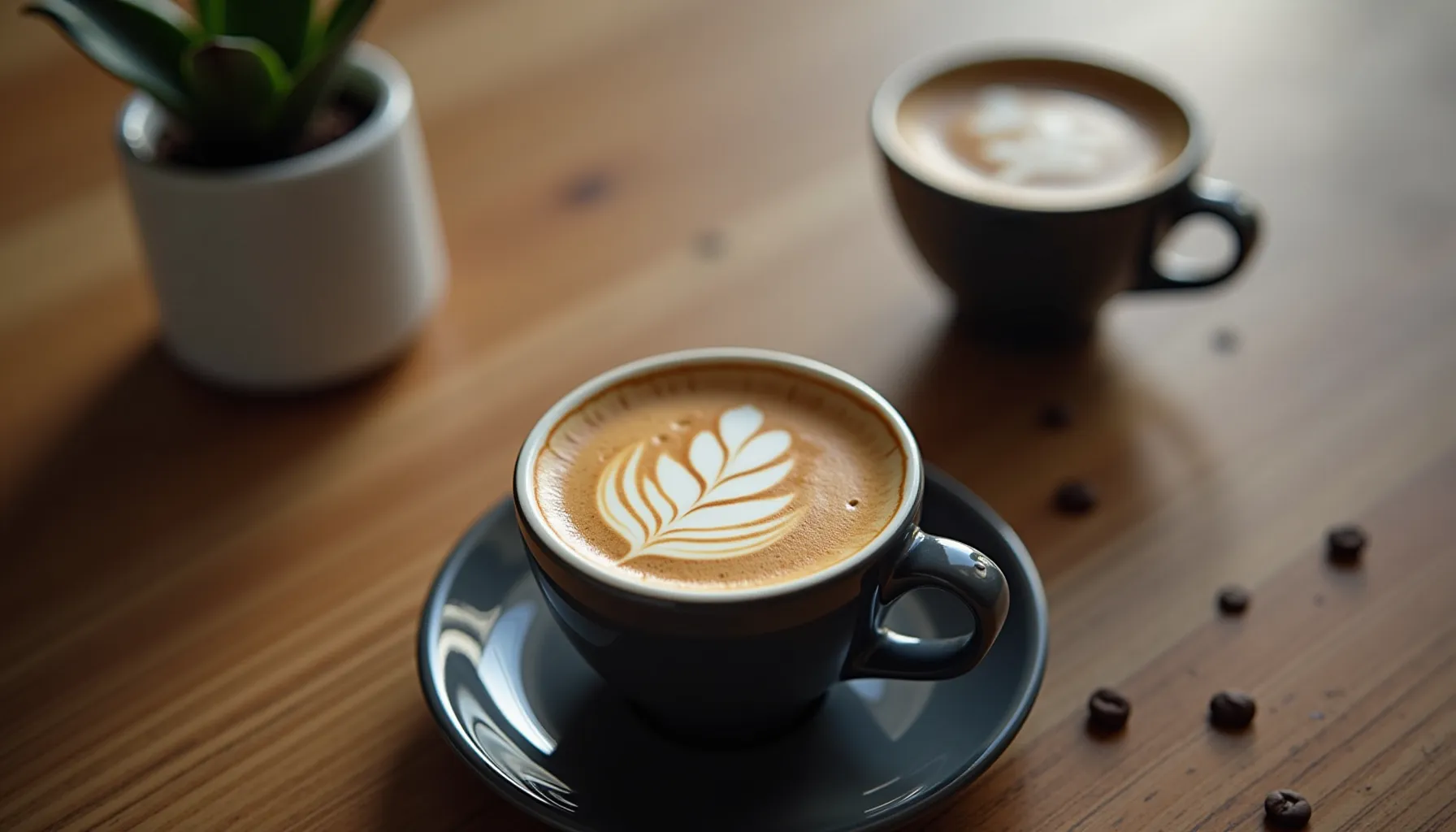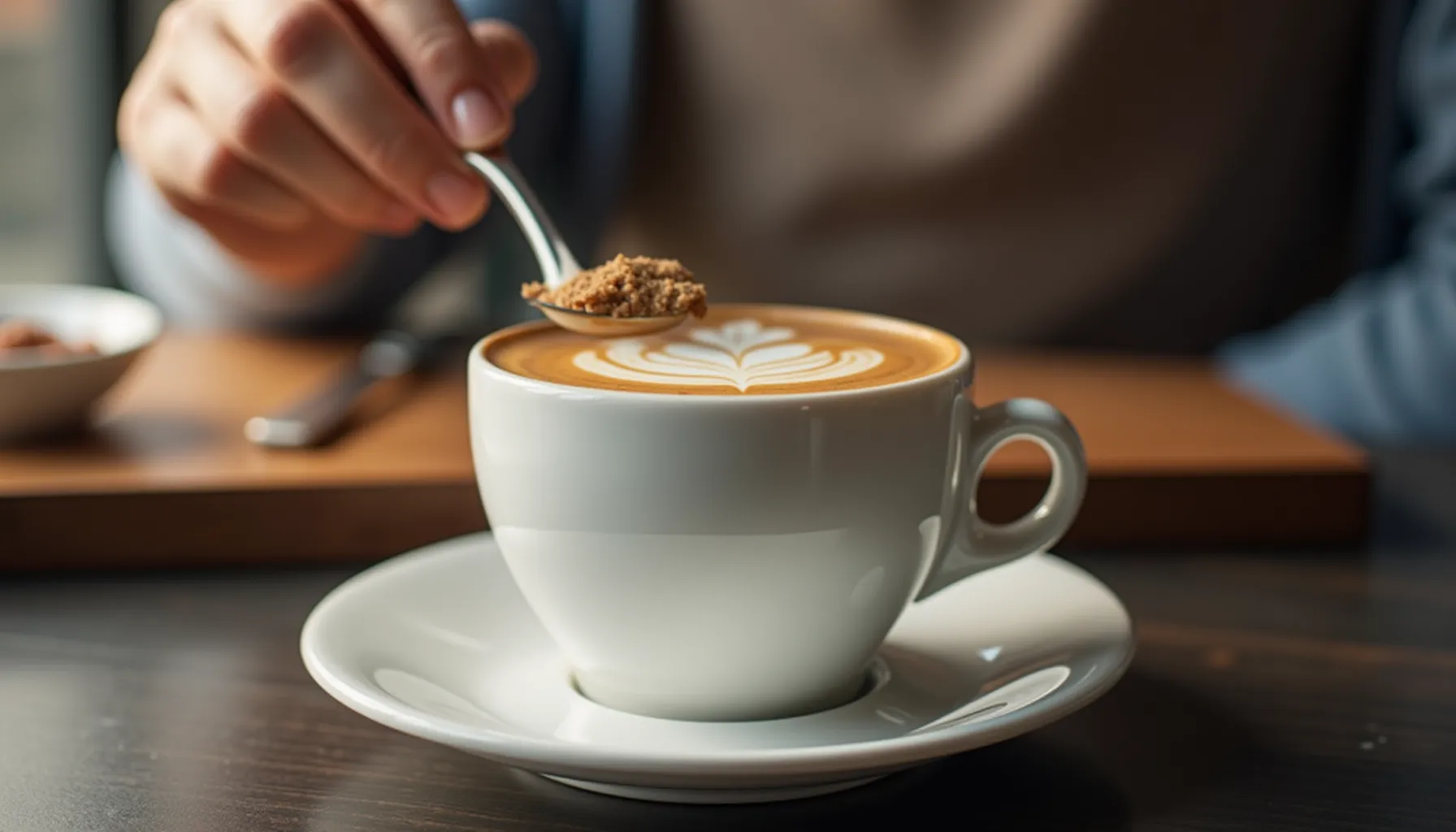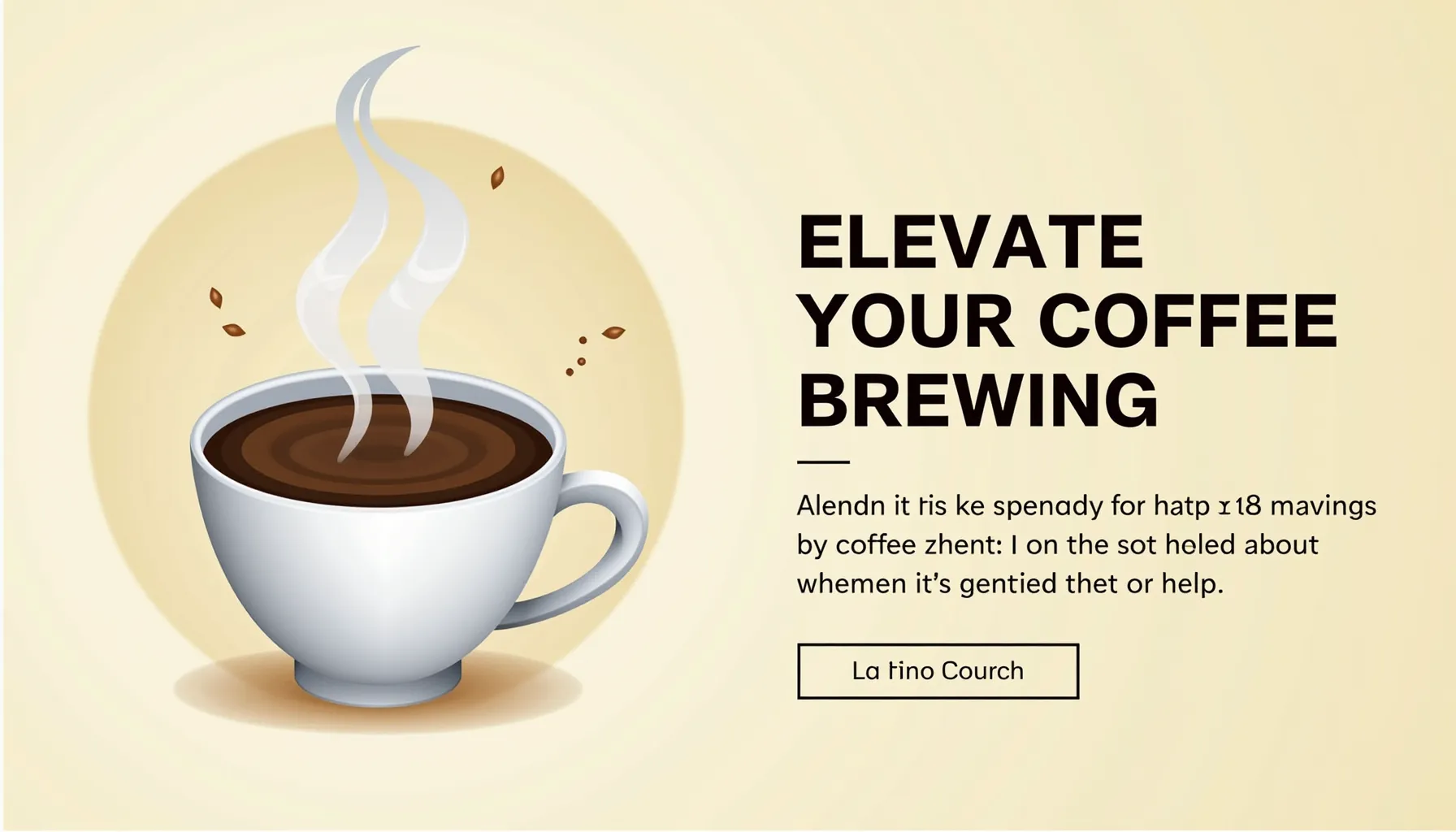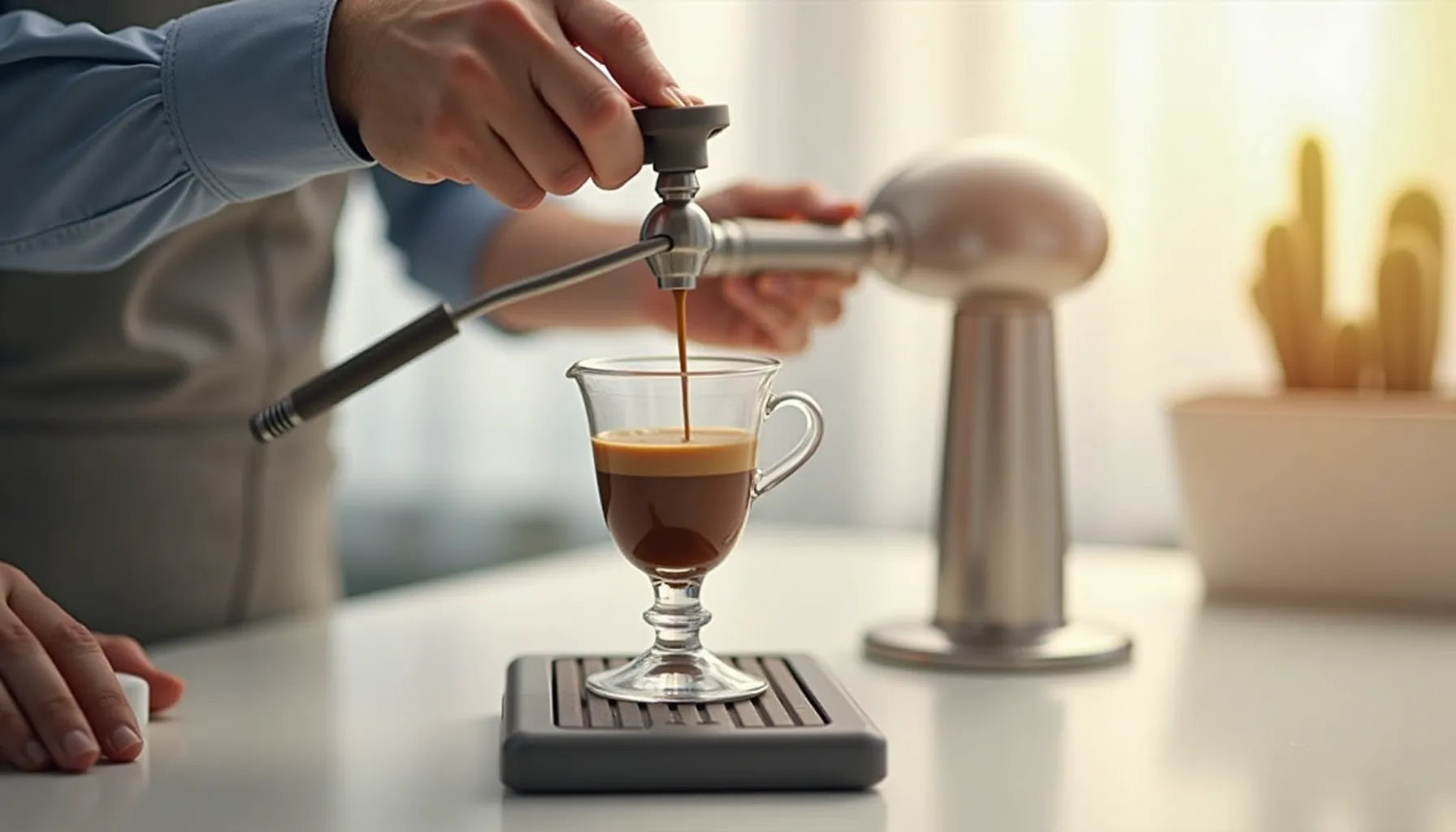When we talk about coffee trends, we’re diving into a dynamic world that shapes how we experience our beloved brews. From the growing preference for sustainably sourced beans to the explosion of innovative coffee products, the landscape is rich with changes and new tastes. In this article, we’ll explore the key trends affecting coffee consumption, examine how different generations are shaking things up, and offer insights that matter whether you’re a casual drinker or an industry insider.
Key Takeaways:
- Market Expansion: The global coffee market is projected to grow from US$132.1 billion in 2024 to US$166.4 billion by 2029.
- Young Consumers: Gen Z is starting their coffee journey as early as 15 years old, impacting how coffee is marketed.
- Sustainable Practices: A shift toward sustainable and ethical sourcing is reshaping consumer expectations.
- Innovation: The rise of ready-to-drink coffee and smart brewing technology is enhancing convenience for coffee lovers.
- Café Culture: Cafés are evolving as social hubs, fostering deeper connections and experiences around coffee.
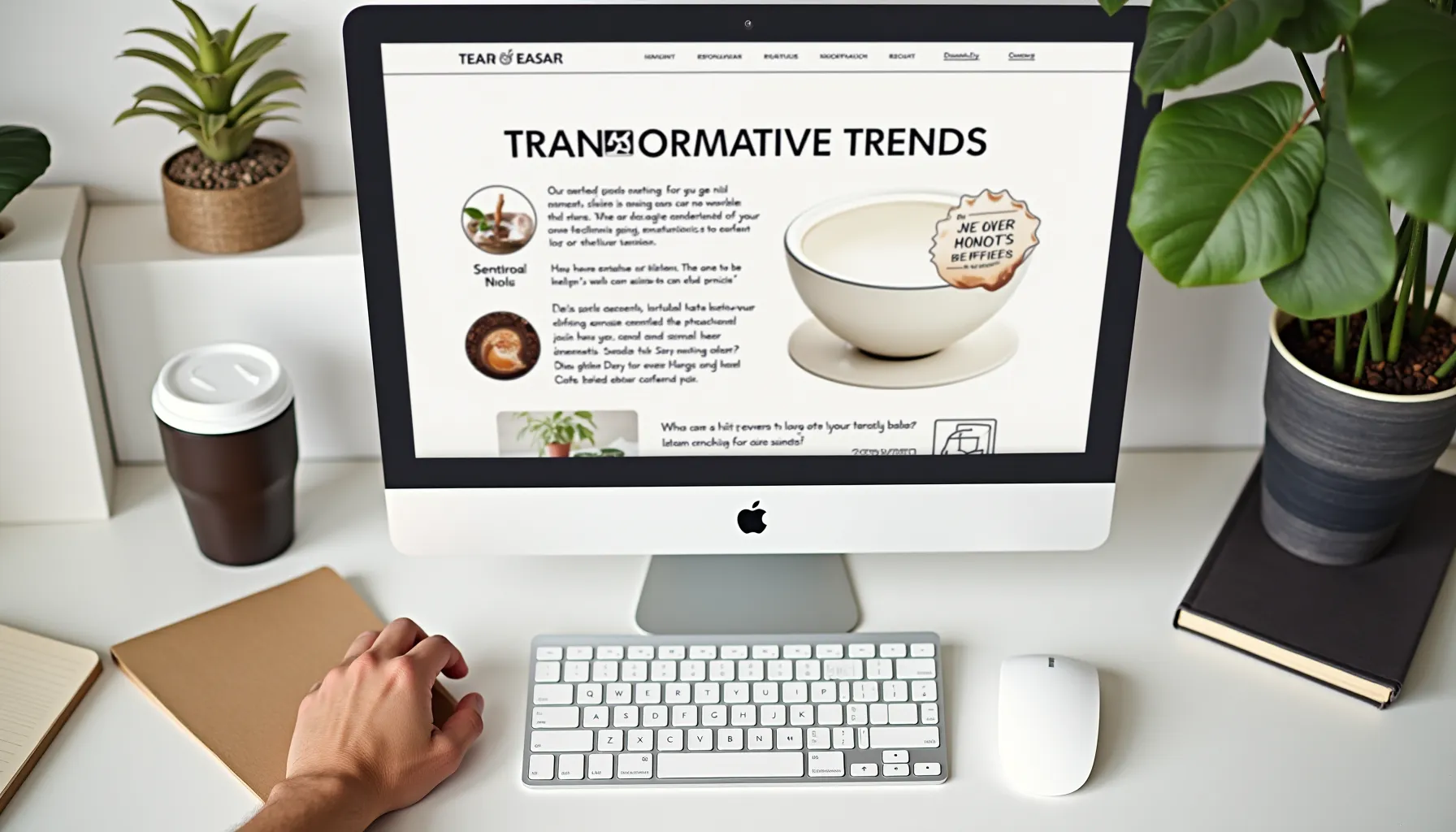
The Impressive Growth of the Coffee Market
Coffee Market Statistics
The coffee market is experiencing remarkable growth, expanding from a valuation of US$132.1 billion in 2024 to an anticipated US$166.4 billion by 2029. This growth at a compound annual growth rate (CAGR) of 4.72% signifies a burgeoning interest in coffee, indicating a worldwide shift in how people engage with their favorite beverage. Coffee consumption isn't just about caffeine anymore; it's become intertwined with lifestyle choices, health considerations, and ethical sourcing.
With younger generations, particularly Millennials and Gen Z, entering the coffee scene with increasing enthusiasm, the demand for transparency, quality, and unique offerings is on the rise. Brands that adapt to meet these evolving preferences can thrive in this competitive marketplace.
Demographic Shifts in Coffee Consumption
Demographics play a pivotal role in shaping coffee trends. By examining how different age groups approach coffee, we can discern significant shifts. While Millennials typically start drinking coffee around the ages of 18-20, Gen Z is entering the scene earlier, at around 15 years old.
This younger demographic is not only a driving force behind innovative coffee products but also values sustainability and personalized experiences. They are more inclined to experiment with various coffee types and preparation methods. It’s fascinating how generational shifts in preferences can redefine what coffee culture looks like today.
Key Trends Shaping Coffee Culture
Sustainable Coffee Practices
Sustainability has become a crucial aspect of consumer choice in recent years. As coffee lovers become more eco-conscious, they seek out brands that prioritize sustainable sourcing and production methods. This trend matters because it reflects a deeper connection between consumers and the producers of their favorite brew, promoting fair trade and environmental responsibility.
Cafés that highlight their commitment to ethical practices are seeing increased loyalty from patrons who value transparency. It's not just about flavor but also about knowing that the coffee you enjoy contributes positively to the global community.
The Rise of Specialty Coffee
Specialty coffee is more than just a buzzword; it’s a movement that encapsulates a drive for quality and uniqueness. Single-origin coffees, those sourced from specific regions known for their unique flavors, are gaining traction among enthusiasts. People are caring more about where their coffee comes from and how it's grown.
This focus on the quality of beans and the experience of brewing has led to an explosion of options in both cafés and at-home brewing. Brands that offer expertly sourced, richly flavored options are setting themselves apart in a crowded market. It's a beautiful time to be a coffee lover.
Experiential Coffee: The Café Culture
The modern café is evolving from a mere stop for a quick caffeine fix to a cultural hub where people gather, work, and socialize. This transformation in café culture emphasizes the experience surrounding coffee consumption. Imagine walking into a café, greeted by the rich aroma of freshly brewed coffee, cozy seating, and an atmosphere that beckons you to stay awhile.
These inviting spaces encourage community engagement while creating emotional connections to brands and coffees. As cafés adopt this holistic approach, they foster deeper relationships with their customers and create memorable experiences that go beyond just serving coffee.
The Rituals of Coffee Consumption
Home Brewing Trends and the Emergence of Coffee Bars
The trend of home brewing has transformed ordinary coffee drinking into a delightful ritual. More coffee enthusiasts are setting up dedicated home coffee bars, equipped with various tools to experiment with preparation methods. From pour-over setups to espresso machines, the options are endless.
This DIY approach not only caters to individual tastes but also encourages creativity. You can customize flavors, experiment with brewing techniques, and master the craft of manual brewing in the comfort of your kitchen. As a result, many find joy in creating their perfect cup, sharing their experiences on social media, and even swapping tips with fellow aficionados.
Emotional Connections in Coffee Drinking
Coffee isn’t just about the flavor; it’s also about building connections. Many consumers are moved by the stories surrounding brands, from the farmers who grow the beans to the cafés that serve them. This narrative aspect fosters a deeper emotional bond between consumers and their choices.
Cafés that share their sourcing stories or support local communities resonate strongly with patrons. By understanding the journey behind each cup, coffee lovers often feel a sense of responsibility and connection, making each sip more meaningful. This emotional engagement elevates coffee consumption from a mere habit to a cherished experience.
Challenges Facing the Coffee Industry
Navigating Sustainability Expectations
While sustainability is a significant trend, it also presents challenges for coffee brands. The increasing consumer demand for ethically sourced coffee can strain smaller producers who are trying to meet these expectations without sacrificing quality.
Brands must invest in sustainable practices, like organic growing methods or fair-trade certifications. This can lead to higher production costs, which might result in price increases for consumers. However, those companies that successfully navigate this landscape stand to gain loyal customers who value mindfulness and transparency in their coffee choices.
Health Trends and Consumer Choices
Health consciousness is rising, influencing how we perceive and consume coffee. As more people focus on wellness, there’s a growing demand for lower-caffeine options and beverages that offer added health benefits. This shift has led to the emergence of products like mushroom coffee and functional brews infused with vitamins.
Cafés and brands that adapt to these changes by offering innovative, health-oriented selections are likely to attract health-conscious consumers. It’s not just about getting your caffeine fix anymore—it’s about enjoying coffee that aligns with your personal wellness journey.
The Future of Coffee: Trends to Watch
Predictions for Emerging Coffee Markets
As we look ahead, certain regions are poised to become the next hotspots in the coffee landscape. Emerging markets, particularly in Eastern Europe and the Middle East, are experiencing a surge in coffee consumption and appreciation for specialty offerings. These areas are rapidly developing their café cultures, attracting attention from global coffee brands.
For coffee enthusiasts, this presents exciting opportunities to explore unique flavors and experiences from these new markets. It’s a trend worth following as the next wave of coffee innovation might just come from unexpected corners of the globe.
Consumer Health and Wellness in Coffee
The focus on health and wellness will continue to shape coffee offerings in the future. Brands are likely to explore more products that include superfoods, adaptogens, and reduced caffeine options. This aligns with the broader consumer trend towards personalized health journeys.
As coffee lovers become more conscious of what they consume, the drive for healthier and functional coffee beverages will redefine our choices, ensuring that our daily cup not only delights our taste buds but also supports our overall well-being.

The Future of Your Coffee Experience
As we sip our way through the evolving landscape of coffee, it's clear that the future holds exciting possibilities. Awareness around sustainability is driving consumers to seek out ethically sourced brews, nurturing a culture where conscious choices matter. We're witnessing a shift not just in what we drink but in how we relate to our beverages and the stories behind them.
The rise of specialty coffee invites us to explore unique flavor profiles while cultivating a deeper appreciation for craft brewing. Meanwhile, the technology fueling our coffee experiences—from mobile ordering to smart brewing gadgets—ensures that quality and convenience coexist. As we embrace new rituals around our beloved cups, the conversation around health and wellness opens pathways for innovation, making coffee not just a pick-me-up but a part of a holistic lifestyle.
Ultimately, engaging in these trends can transform how we enjoy coffee, turning a simple daily habit into an enriching experience that connects us with broader cultural movements. So, as we navigate this dynamic coffee culture, let’s embrace the journey, one cup at a time.
Your Coffee Queries Answered
- What are the current coffee trends? Current coffee trends include a focus on sustainability, the rise of specialty coffee, and the popularity of ready-to-drink options. Consumers increasingly seek ethically sourced coffee and unique flavor experiences.
- How does sustainability impact coffee consumption? Sustainability is crucial in today’s market, influencing consumer choices. Many coffee drinkers prefer brands that prioritize ethical sourcing and environmentally friendly practices, which fosters loyalty and community engagement.
- What demographic is influencing coffee trends the most? Gen Z and Millennials are significantly shaping coffee trends. They favor unique blends, sustainability, and experiences that allow them to connect emotionally with the brands they support.
- How can home brewing enhance my coffee experience? Home brewing allows for experimentation with various methods and flavors, creating a personalized coffee experience. Setting up a home coffee bar can enhance your skills and enjoyment, turning coffee preparation into a creative ritual.
- What is the significance of café culture in coffee consumption? Cafés are evolving into social hubs that foster community connections. The environment and experiences they create deepen emotional relationships with brands, transforming coffee consumption into a more enriching and memorable activity.




